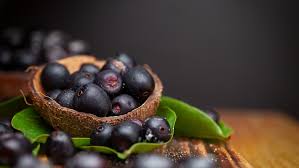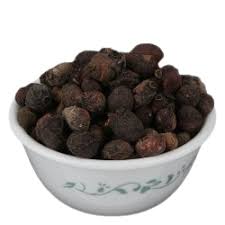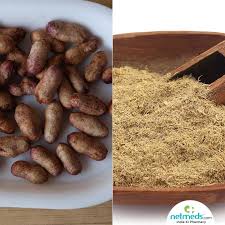
Are Jadi Buti & Bapchi Seed Profitable? A Guide for Herbal Sellers
The demand for herbal products, Jadi Buti (medicinal herbs), and Bapchi seeds is rising due to increasing awareness of Ayurveda and natural healing. Many entrepreneurs are now exploring the herbal business to benefit from this booming industry. But is selling Jadi Buti & Bapchi seeds a profitable business?
In this guide, we will analyze the market potential, profit margins, sourcing strategies, and business opportunities to help herbal sellers maximize their earnings.
Long Description
1. Market Demand & Growth Potential
📊 Rising Demand – With the increasing popularity of Ayurvedic medicine, organic skincare, and herbal remedies, the demand for Bapchi seeds (Psoralea corylifolia) and Jadi Buti is growing globally.
🌍 Expanding Market – The global herbal supplement market is projected to reach $347 billion by 2032, making it a lucrative industry.
🔬 Scientific Backing – Herbs like Bapchi, Ashwagandha, and Shatavari are clinically proven for skincare, immunity, and hormonal balance, increasing their sales potential.
2. Why Bapchi Seeds & Jadi Buti Are Highly Profitable
💰 High Market Value – Rare Ayurvedic herbs and seeds like Bapchi, Safed Musli, and Shilajit have high demand and limited supply, leading to premium pricing.
📦 Low Investment, High Returns – Starting an herbal business requires minimal investment but offers scalable profits.
🔄 Multiple Uses & Industries – These herbs are used in Ayurvedic medicine, cosmetics, dietary supplements, and organic farming, ensuring consistent sales.
3. How to Source & Sell Jadi Buti & Bapchi Seeds
🏡 Cultivation vs. Sourcing – Grow your own herbs or partner with organic farmers to ensure quality.
📦 Bulk Purchase & Wholesale Selling – Buy Jadi Buti & Bapchi seeds in bulk from local suppliers and sell them at a higher margin online.
🌱 Eco-Friendly & Certified Products – Ensure your products are organic, pesticide-free, and Ayush/FSSAI certified to build customer trust.
4. Selling Jadi Buti & Bapchi Seeds Online
🛍️ Start an E-commerce Store – Selling directly via Dirghaanshi, Shopify, or WooCommerce can boost profits.
📢 List on Marketplaces – Sell on Amazon, Flipkart, Etsy, and Ayurvedic platforms to reach more customers.
🎥 Social Media Marketing – Use Instagram reels, YouTube videos, and Facebook groups to promote herbal benefits.
5. Pricing Strategy & Profit Margins
📊 Cost of Procurement – The price of Bapchi seeds ranges from ₹500-₹1,500 per kg, depending on quality.
💰 Selling Price – Premium organic seeds & Jadi Buti can be sold at 2-3x the purchase price when marketed well.
🎯 Bulk Discounts & Subscription Plans – Offer discounts on large orders and create a monthly subscription model for repeat buyers.
6. Digital Marketing & SEO Strategy
📌 Keyword Optimization – Use SEO-friendly keywords like #BuyJadiButi, #BapchiSeedsForSale, #OrganicHerbsOnline to rank higher on Google.
📢 Influencer & Ayurveda Experts – Partner with herbal doctors, bloggers, and wellness influencers for credibility.
🖋️ Blogging & Educational Content – Write articles on “Benefits of Bapchi Seeds,” “How to Use Jadi Buti for Skincare” to drive organic traffic.
7. Expanding Your Herbal Business
🚀 Diversify Your Product Range – Sell herbal oils, powders, supplements, and organic skincare products to increase revenue.
📦 Offer White Labeling & B2B Supply – Partner with Ayurvedic brands for bulk sales and white-label manufacturing.
⭐ Build a Strong Brand Identity – Invest in eco-friendly packaging, customer testimonials, and trust-building content to stand out.
Conclusion
Selling Jadi Buti & Bapchi seeds is a highly profitable business due to the growing demand for natural and Ayurvedic products. By focusing on quality sourcing, branding, online marketing, and pricing strategies, you can build a successful herbal business with great profit margins.
With platforms like Dirghaanshi, you can establish your herbal brand and cater to a global audience. The key is to stay consistent, educate customers, and market effectively.













